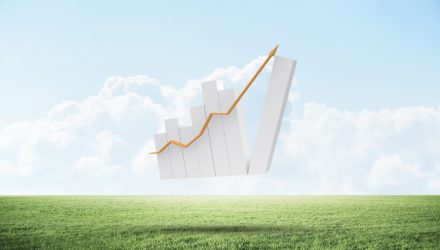Socially responsible investors will have to look at how a company conducts business to get a better sense of environmental, social, and governance factors.
In general terms, “we look at a company’s business models and where they operate geographically and assess what ESG factors they’re exposed to,” Diederik Timmer, executive vice president with Sustainalytics, which provides ESG-related ratings and research on companies, told CNBC.
ESG factors can also vary from company to company and among industries. For instance, Timmer explained that a financial institution can be exposed to financial inclusion or providing access to the underserved, employee satisfaction, and business ethics. Sustainalytics will then scrutinize the firm’s management systems and policies to better understand how the the company is addressing the factors.
Conor Platt, founder and CEO of Confluence Analytics, which aggregates ESG data and creates predictive performance metrics for individual companies and exchange-traded funds, explained that they provide measurable values to societal issues and rank them against their peers within a specific sector or industry.
“Any time you own a stock, you own thousands of data points,” Platt told CNBC. “And for investors, ESG metrics are the best way to assess intangible asset risk.”
However, there are inherent complexities present when working with ESG data.
“The data marketplace is fragmented – when you buy an ESG rating, you’re not getting a consensus view, but one proprietary view,” Platt added. “You’d need to buy several to be confident about the ratings.”
Marcio Silveira, financial advisor with Toler Financial, believes that as more eyes are on the ESG market, we will see improved efficiency and accuracy on ranking these ESG factors.
“Why we’re excited about ESG is that, as the market comes to integrate and understand the mechanics of these types of risk, it will lead to increased valuations and prices for the companies with the lowest ESG risk,” Silveira told CNBC.
“The world could ultimately be rewarding companies for better behavior and better stewardship of these important risks,” he added. “And ultimately, higher valuations will result in a lower cost of capital.”
For more news, information, and strategy, visit the ESG Channel.

